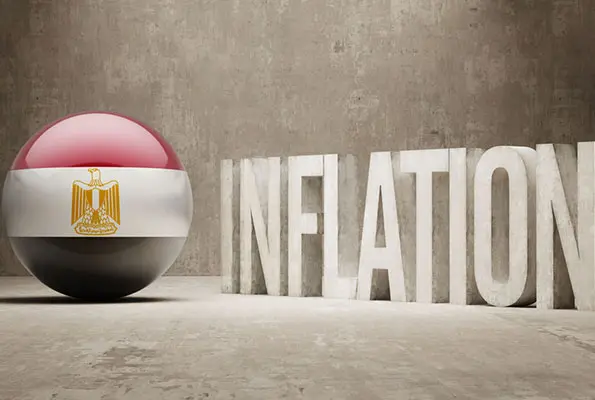According to Oxford Economics Africa, Egypt could face one of three scenarios following the recent devaluation of the local currency, with inflation rates reaching as high as 38% or as low as 24% by year’s end.
“Firstly, conventional economic wisdom would have one believe that the exchange rate weakness will result in further inflationary pressures. A model taking into consideration interest rate differentials and real income differentials predicts that inflation will peak just below 38% (year-on-year) in Q4 2024,” the economic consultant remarked.
The official rate dropped from 30.9/USD to about 50/ USD in a matter of hours after the Central Bank of Egypt (CBE) announced on March 6 that a market-based exchange rate would be implemented. The CBE’s decision was made a few days after the government announced that the annual rate of urban inflation had increased from 29.8% in January to 35.7 % in February.
“The higher starting point, even before the devaluation and Ramadan that commenced in March, complicates the inflation outlook,” Oxford Economics Africa mentioned further.
On the other hand, Oxford Economics proposed a different scenario in which inflation could decrease to 24% by the end of the year. This prediction was based on the belief that many goods and services had already been priced at the black market rate of nearly 60/USD for the past two quarters, which was almost double the official rate well before the official devaluation occurred.
Since December, the value of the Egyptian pound has significantly dropped on the black market, reaching a peak of 72 against the US dollar in January 2024. Following the recent devaluation and the UAE’s USD 35-billion investment in Egypt’s North Coast, the discrepancy between the official exchange rate and the black market rate had shrunk considerably.
Oxford Economics proposed a third possibility in which price increases may occur if the government and certain companies can obtain foreign currency at the official exchange rate during the country’s currency crisis. This scenario envisions these stakeholders beginning to import goods at the new rate of 50/USD.
“In scenario three, we could see inflation end the year just below the 30% (year-on-year) level,” Oxford Economics Africa noted.



